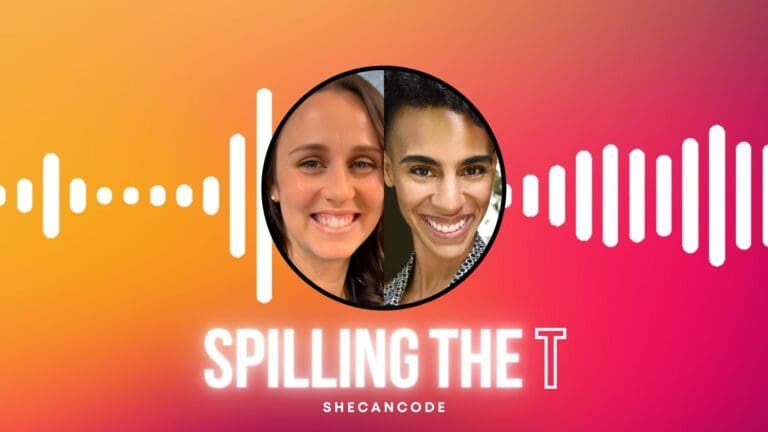If you’ve had to meet with recruiters in your job search, chances are you have been asked some of these standard questions: What is your previous work experience? Where do you see yourself in five years? It seems pretty straightforward, but there is one kind of question in particular that causes more hesitation than others: What is your previous salary – or “How much do you currently make?”
Like many interviewees before you, you may be thinking that your salary history is your business, not theirs. This question has often been seen as a means to gauge your market value – something incredibly problematic. Just this April, the city of New York joined several other US cities in banning employers from asking about a job applicant’s salary history. Why did they choose to take this initiative? The gender wage gap played a part in this decision. People in the job market might be underpaid compared to the market value for their position. This discriminatory practice has repeatedly left women, and especially women of colour, disadvantaged. However, women are not the only ones who face the risk of being underpaid. Many other categories have dealt with the issue. In those situations disclosing salary history resulted in recruiters being unable to move past such figures – even when in fact they might not actually reflect what a worker deserves.
Now, even if your past salary does represent your worth, you shouldn’t have to reveal it unless it is on your terms. After all, you are entitled to privacy. But when faced with those questions, how should you answer? Here are a few ways around it…
Research: Know Your Market
Before meeting with a recruiter, your best bet is to do some research on your market. Go online to check and compare your skills and experience to your job description. Seriously, it’s all about research. Begin by trying to familiarize yourself with the approximate salary ranges for your position. If you’re not sure where to look, LinkedIn is definitely a place to start. Basically, the more you know about it, the more options it leaves you when it comes to negotiating.
Salary Range & Negotiate
Give a range – you don’t need to state a specific number. This will give you room for negotiation either at that moment or at a later stage when you eventually meet a future employer. But be sure to not undersell or oversell yourself too much within your range – so that’s where the research comes in again!
Giving a range rather than stating a number does not mean you’re being unprofessional. This is your career and future we are talking about – you can always politely decline. It makes sense that you want to keep some of your information confidential. Maybe even state that you would prefer revealing this piece of information once you find a company, and feel that they are the right fit for you. Plus, recruiters have your CV in their hands, that should give a good enough idea on where you stand in the market.
If you’re gonna tell, tell the truth
In case you do decide to give a number, just keep this in mind: Be honest. Always refrain from lying about your salary history. You never know, maybe after your interview the recruiter or possible future employer may check to verify whether if what you said is true. And then even if you did get the job they could still choose to pull their offer. It’s a matter trust. If they can’t trust you to be honest, how can they trust you in their company?
About the author

Sophie van Wersch Follow Sophie: LinkedIn








